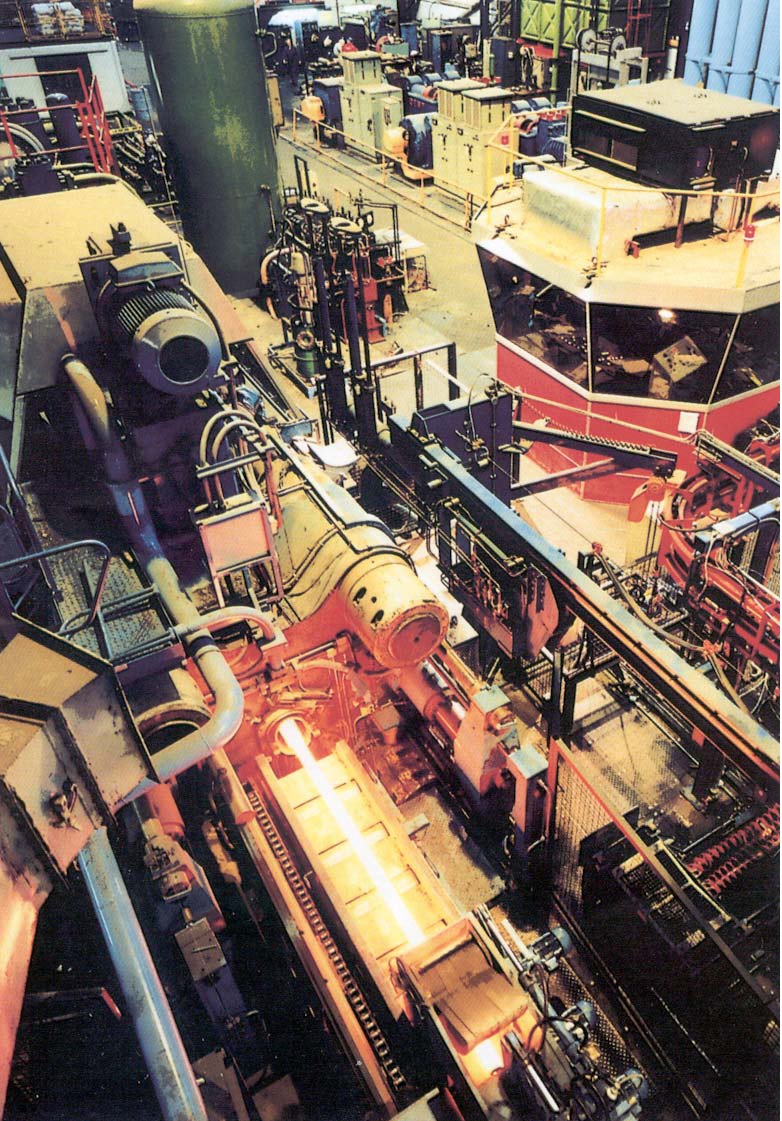Materials for deep well, gas and water exploration applications
With the passage of time, oil and gas exploration will be performed in deep wells specifically in deepwater. Unlike to shallow wells, the deep wells demand durable materials. The well conditions include hydrogen sulfide, carbon dioxide, chlorides and sulfur and also the temperatures go up to 260oC and pressure 25000 psi. Due to this, it becomes crucial to make a right material choice. The selected material should be corrosion resistant, economical, reliable and possess the desired strength level for satisfactory service. Due to vigorousness of these conditions, material options include duplex stainless steel and Nickel based super alloys such as Inconel 625 and Incoloy 825.
Age hardened and cold processed solid nickel based alloys have several advantages which are useful for service in deep well conditions for example high strength, toughness, supreme corrosion resistance and nominal magnetic permeability. Material choice for a specific set of conditions depends on various factors such as mechanical and corrosion resistant properties.
The strength of age hardened materials is essential specifically for offshore industries for example to explore the high pressure deep wells where weight affects the budget of mining project. The material choice for downhole and well head systems for example hangers, sub surface safety valves, pumps and packers for age hardenable alloys to receive the desired strength in larger cross sections that cannot be reinforced by cold processing. Nickel alloys such as Monel and Inconel 718 have high mechanical properties for use in oil country applications.
Age hardened alloys are used at different strength levels on the basis of their application. For example strength of Inconel 718 wire is 827 MPs which is enhanced by suitable heat and mechanical processing during production.
Corrosion in sour conditions
Inconel 625 offer supreme resistance to general corrosion in test conditions and even significantly higher performance as compare to Inconel 718.
Stress corrosion cracking
The strength of an alloy is the deciding factor in its resistance to environmental cracking. Materials become more sensitive to this type of corrosion when their strength level increases. To receive the suitable strength level, ductility, toughness and cracking resistance, the maximum hardness levels are specified for each alloy. Incoloy 825 and Inconel 625 contain nickel by 42% or higher by which these alloys become increasingly resistant to stress corrosion cracking in water based chlorides.
Stress corrosion cracking evaluation in C ring test pieces in simulated sour well condition comprising free sulfur is performed for Inconel alloys. Inconel alloys are found to be suitable below 190oC. Then more vigorous corrosion tests are performed through slow strain rate test in a simulated oil processing condition than in inert condition. The critical ratios such as time to failure, reduction area %, elongation% are evaluated and if they are below 0.90 , the material is ductile or brittle in nature. It was found that nickel based alloys perform satisfactory up to 175oC. So these alloys should be used up to this temperature limit in severe corrosive conditions. For more assistance in your application, contact our engineers.


